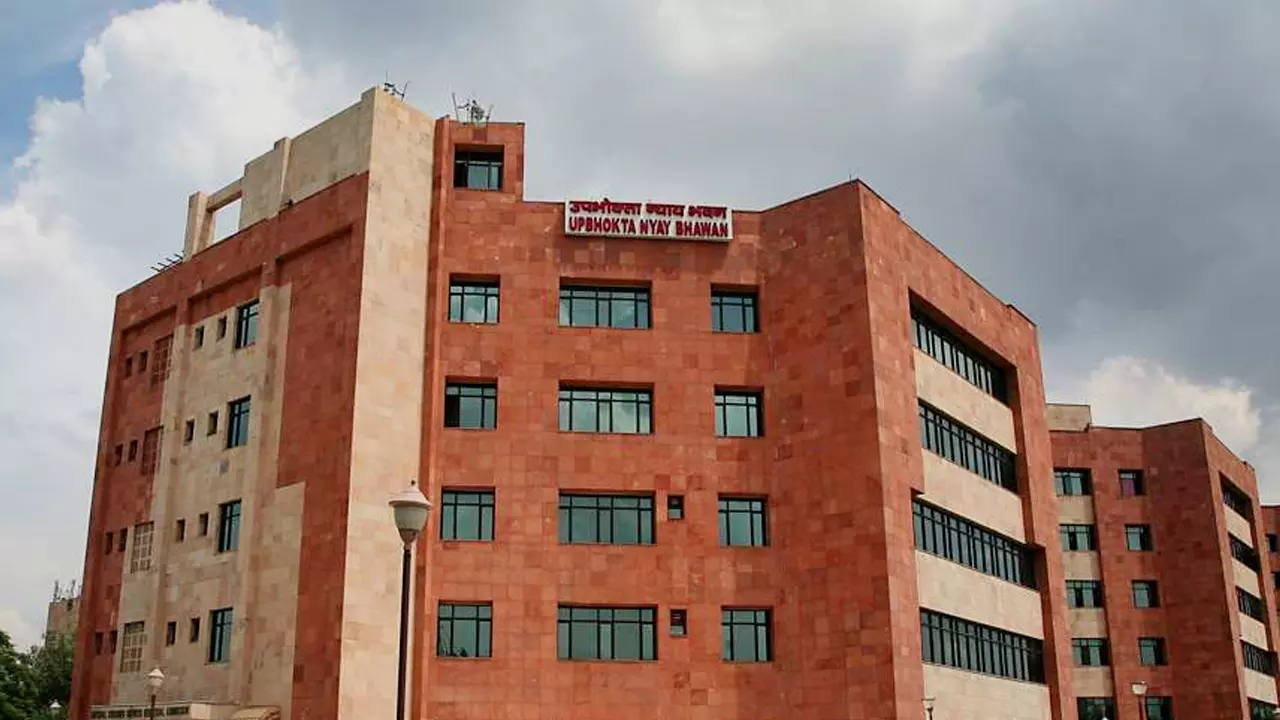NCDRC: Postal Department Liable For Actions Of Its Authorised Agent Appointed By The National Service Scheme (NSS)
Smita Singh
19 Jun 2023 11:39 AM IST

Next Story
19 Jun 2023 11:39 AM IST
The National Consumer Disputes Redressal Commission (NCDRC) bench comprising presiding member Justice Deepa Sharma, was adjudicating a case concerning the misappropriation of funds from a recurring deposit account at the post office. The NCDRC observed that while the Postal Department may not have been directly involved in the misappropriation, it would still be held liable for the actions of...
